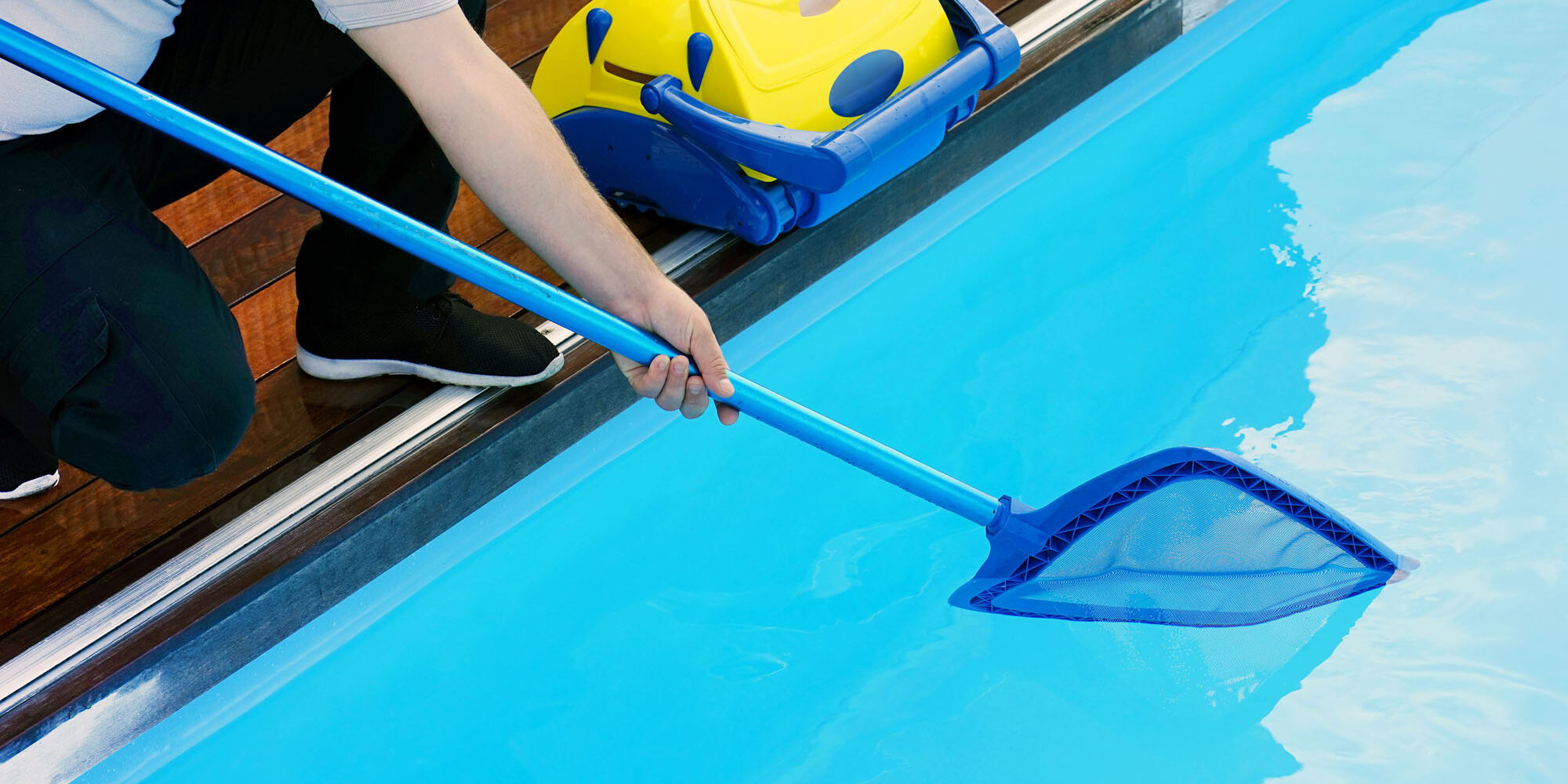Having a swimming pool is a great way to cool off on a hot summer day. But if you want to enjoy your pool all season long, it’s important to maintain it properly. Weekly pool maintenance is essential for keeping your pool clean, safe, and sanitary.
Here are some of the reasons why your pool needs weekly maintenance:
To control algae growth
Algae is a type of plant that can grow in pool water if it’s not properly maintained. Algae can make your pool water look green and cloudy, and it can also be harmful to your health. Weekly pool maintenance helps to prevent algae growth by keeping the water’s pH balanced and by adding chlorine or other sanitizers.
To remove dirt and debris
Leaves, bugs, and other debris can quickly contaminate your pool water if they’re not removed regularly. Weekly pool maintenance includes skimming the surface of the water, vacuuming the bottom of the pool, and brushing the walls and steps. This helps to remove dirt and debris and keep the water clean and clear.
To maintain proper water chemistry
The pH level of your pool water is important for keeping it clean and safe. A pH level that is too high or too low can make your pool water irritate your skin and eyes, and it can also make it more difficult to control algae growth. Weekly pool maintenance includes testing the water’s pH level and adding chemicals as needed to keep it balanced.
To prevent equipment damage
Pool pumps, filters, and other equipment can be damaged if they’re not properly maintained. Weekly pool maintenance includes checking the equipment for leaks and making sure it’s running properly. This helps to prevent costly repairs down the road.
By following a regular weekly pool maintenance routine, you can help to keep your pool clean, safe, and sanitary all season long.
Here is a checklist of the basic weekly pool maintenance tasks you should do:
- Skim the surface of the water to remove leaves, bugs, and other debris.
- Vacuum the bottom of the pool to remove dirt and debris.
- Brush the walls and steps of the pool to remove algae and other buildup.
- Test the water’s pH level and add chemicals as needed to keep it balanced.
- Check the pool equipment for leaks and make sure it’s running properly.
If you have a salt water pool, you will also need to add salt to the water regularly.
By following these simple steps, you can help to keep your pool in great condition and enjoy it all summer long.



